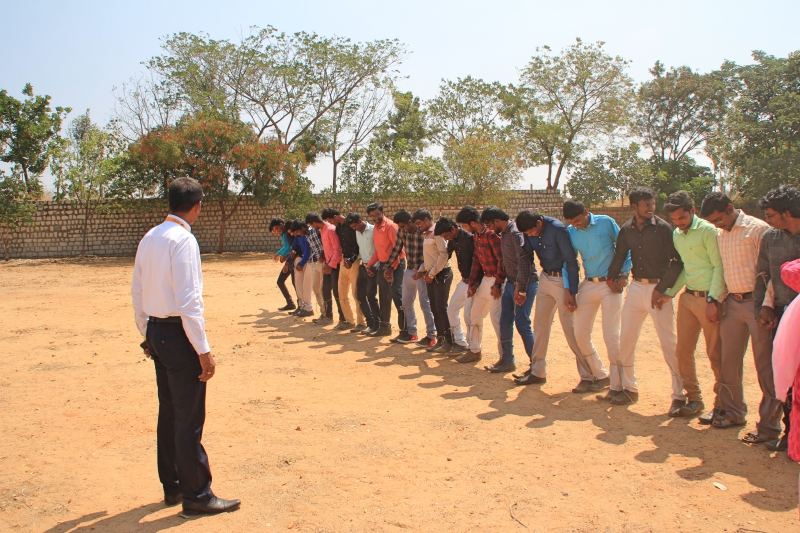Teaching Methodology
Teaching Methodology
The term teaching method refers to the general principles, pedagogy and management strategies used for classroom instruction. Teaching methodology can be organized into two major parameters: a teacher-centered approach and a student-centered approach.
At MBA@KIOT we focus on conceptual clarity, experiential learning and the ability to apply the concepts learnt in real time situations through case studies and Business simulations. This paves way for students to be nurtured as an efficient manager. The teaching learning process is carried out by resourceful faculty team with varied expertise that has imbibed rich cumulative academic and industrial experience. The persistent and enduring academic rigor is inculcated in each student which elevates them to be a dynamic manager.
Some of the methodologies adopted by us are listed
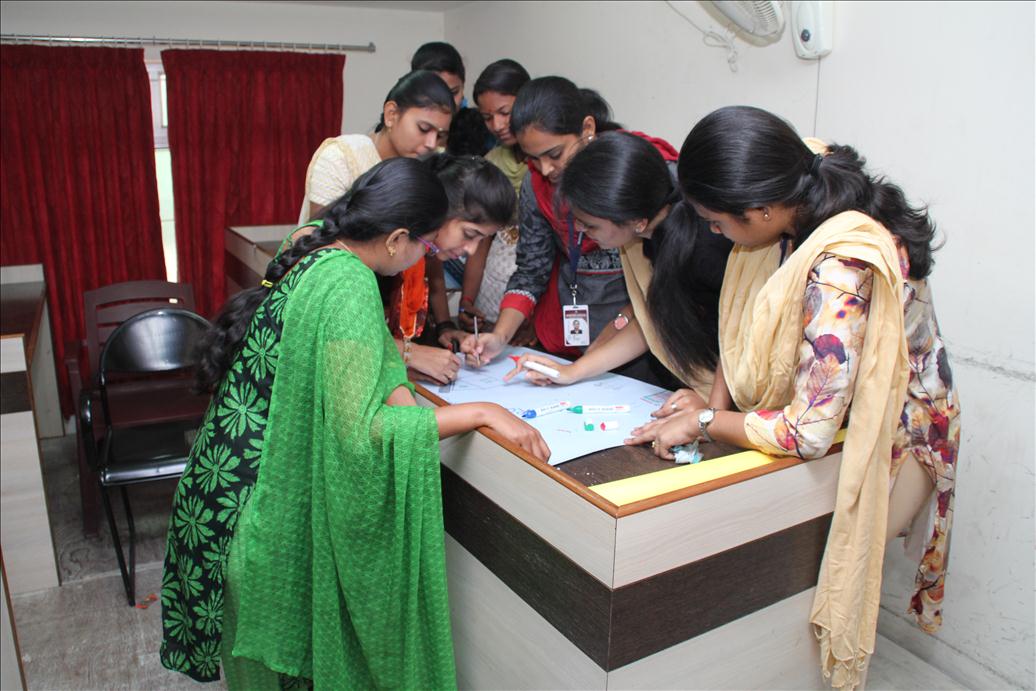
Activity-based learning:
By encouraging students to explore experiment and learn independently through activity-based techniques, KBSS equip students with skills in problem-solving, critical analysis and creativity.
We offer interactive learning forums based around:
• Exploration – gathering knowledge and acquiring skills through active investigation.
• Experimentation – gathering knowledge through experience.
• Expression – encouraging to express their views through presentation.
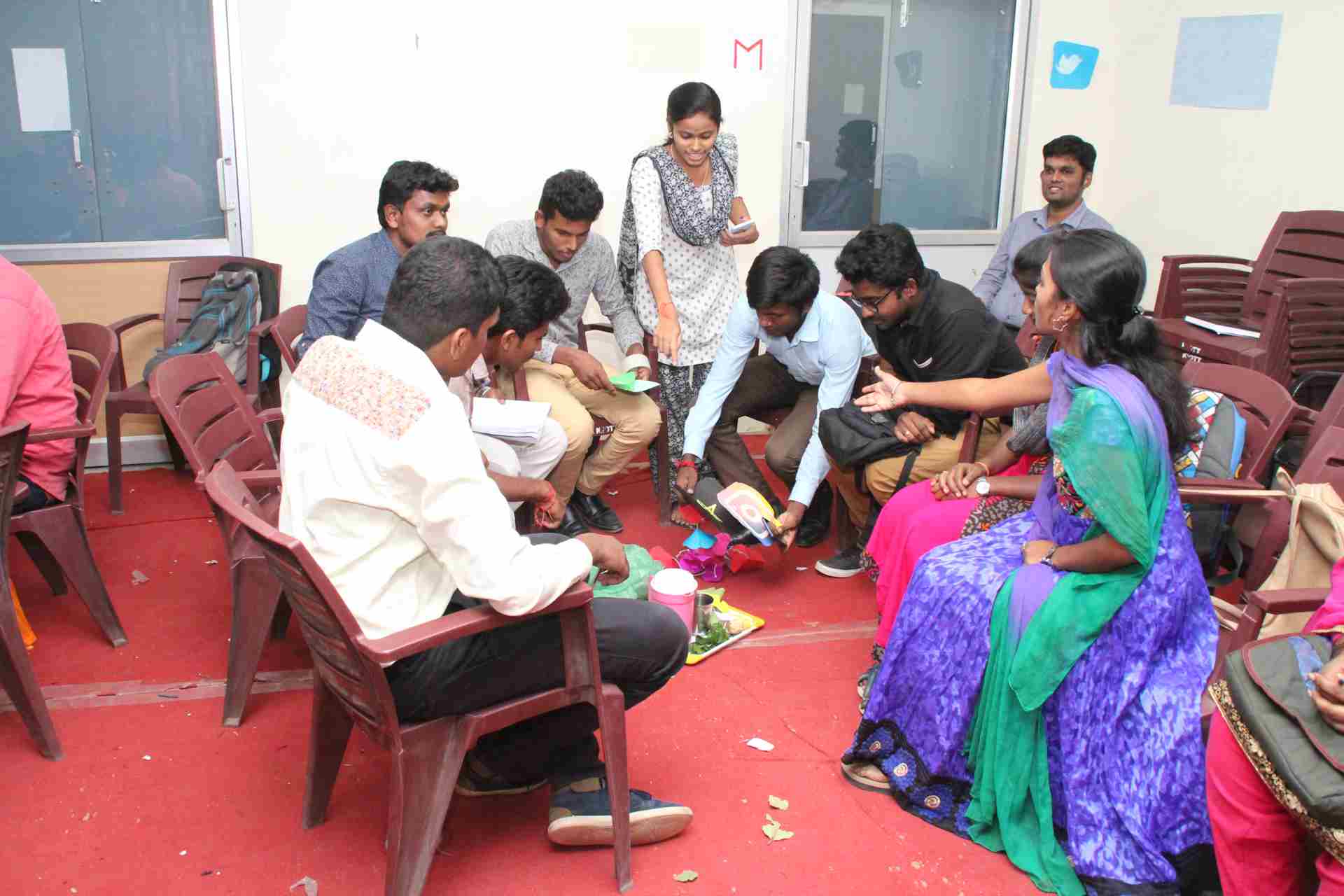
Group Activities:
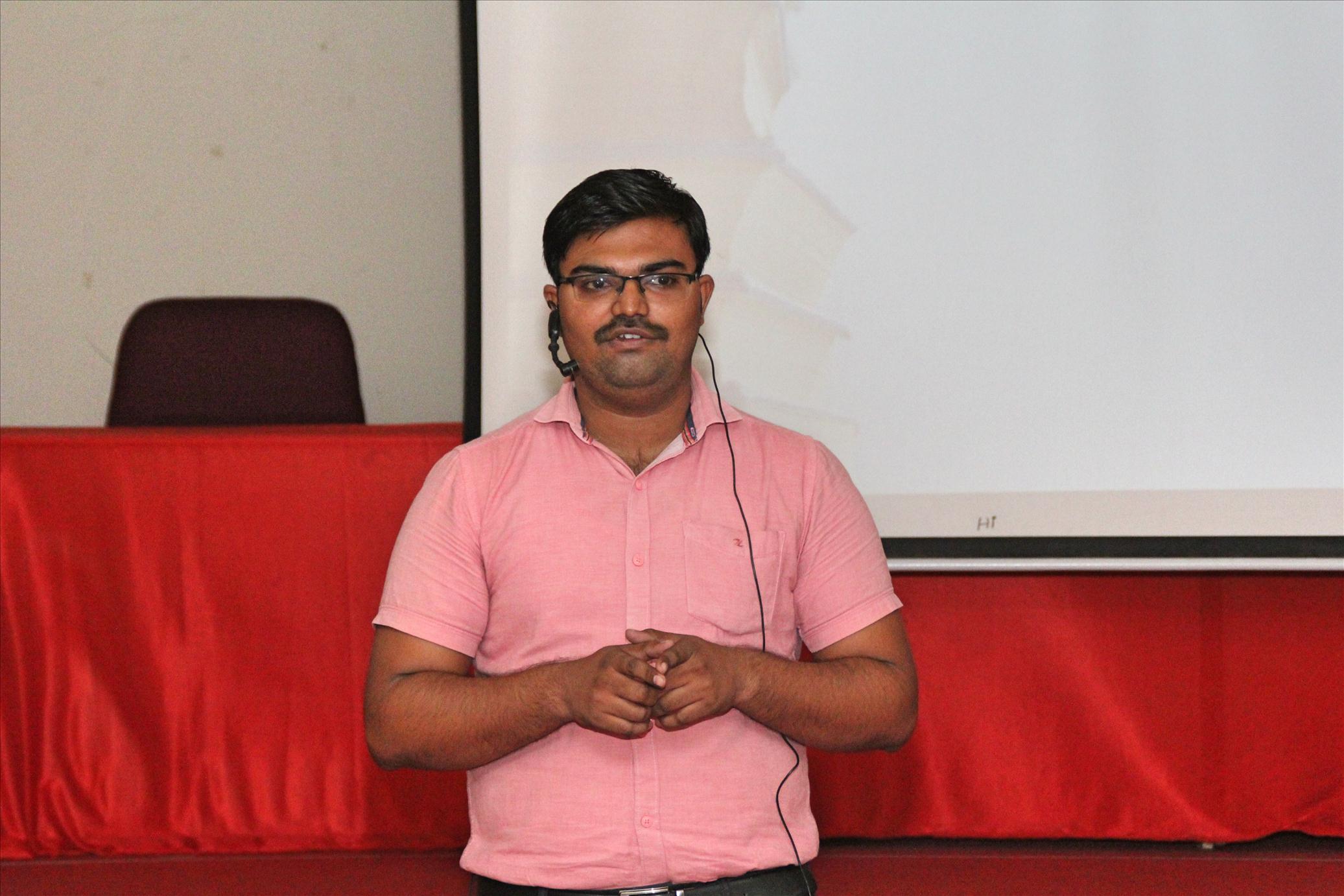
Seminar:
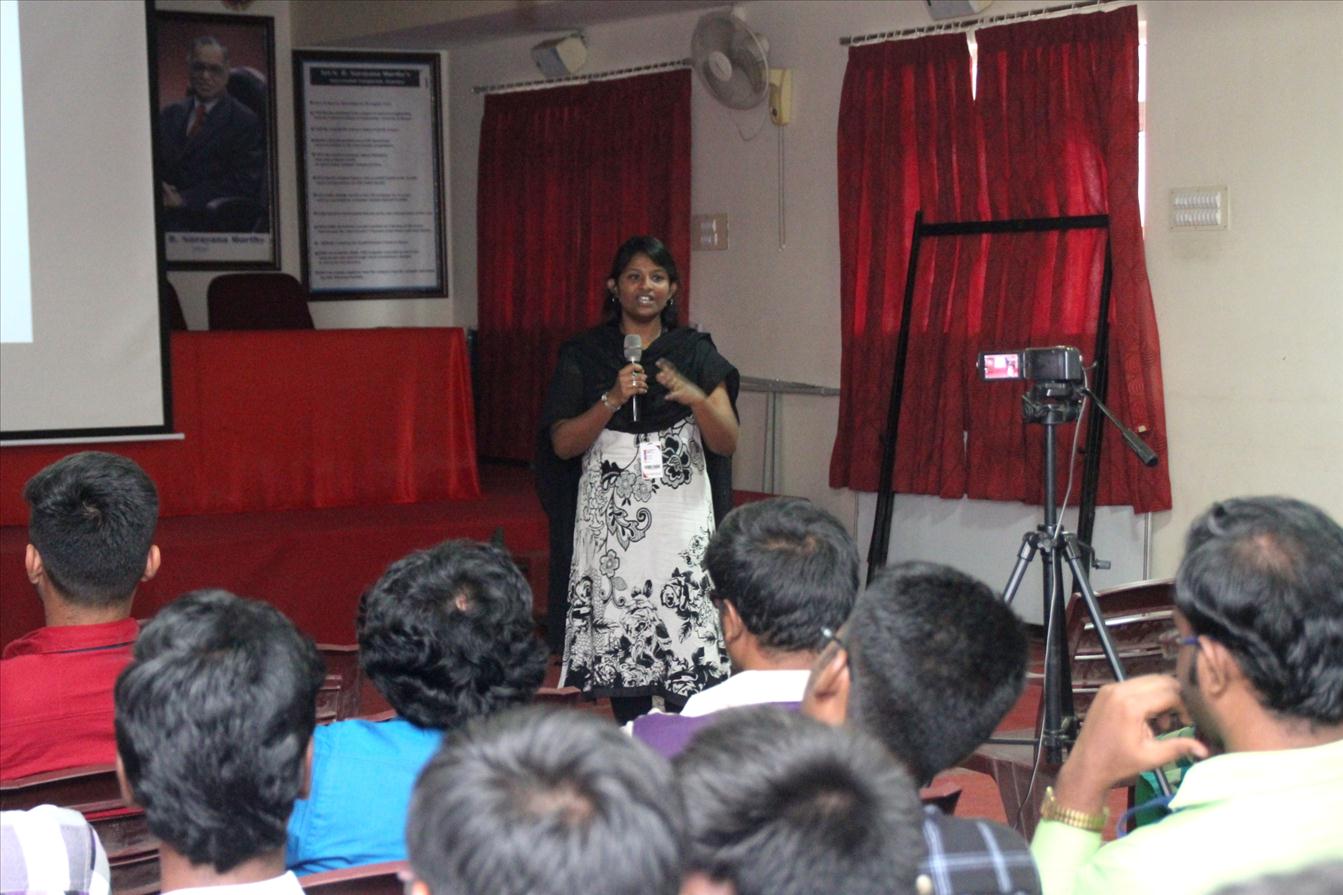
Peer Learning:
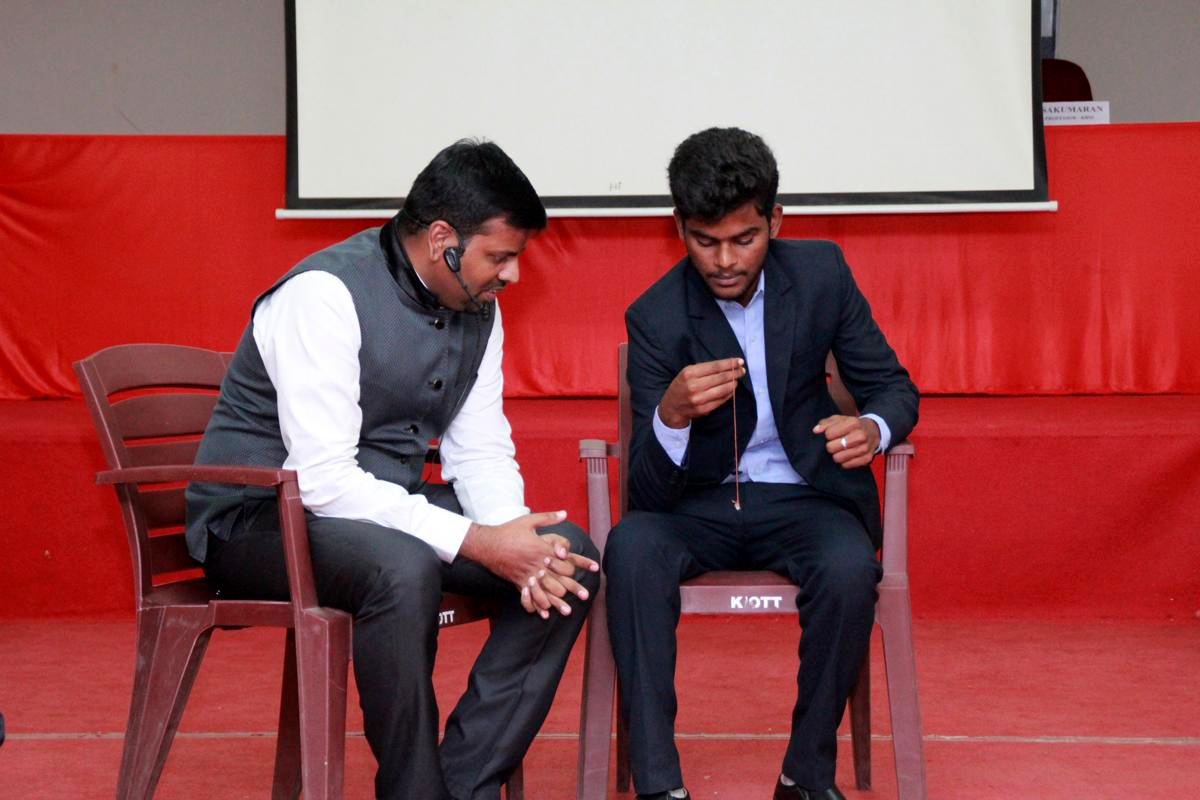
Experiential Learning:
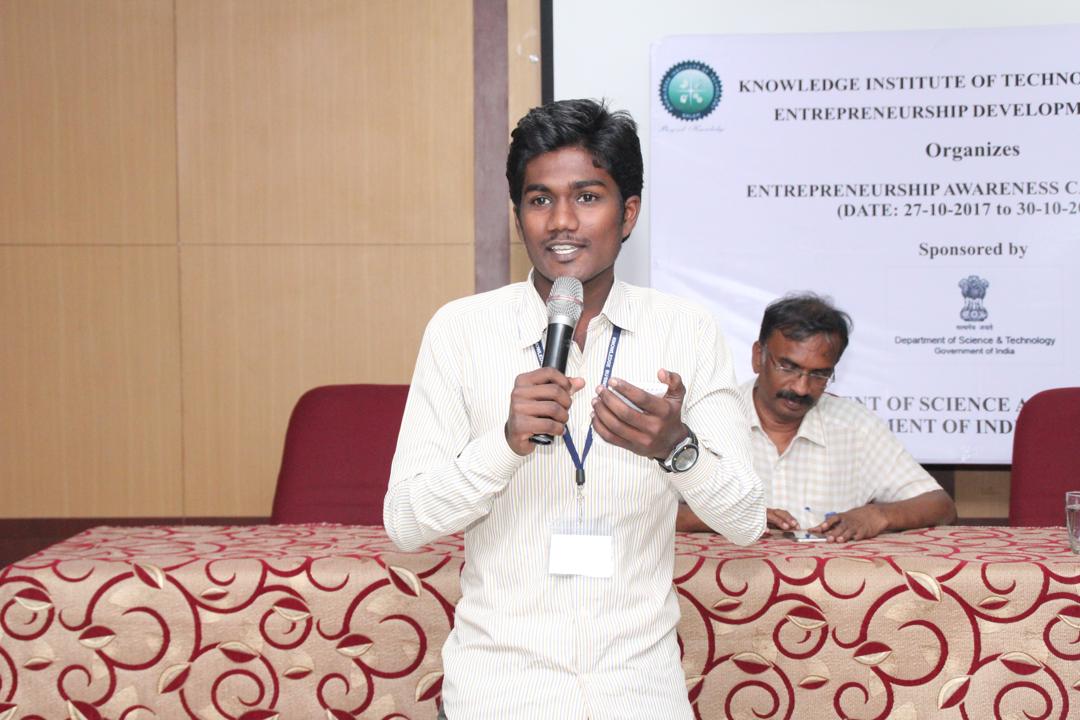
Real Time Projects & Assignments:
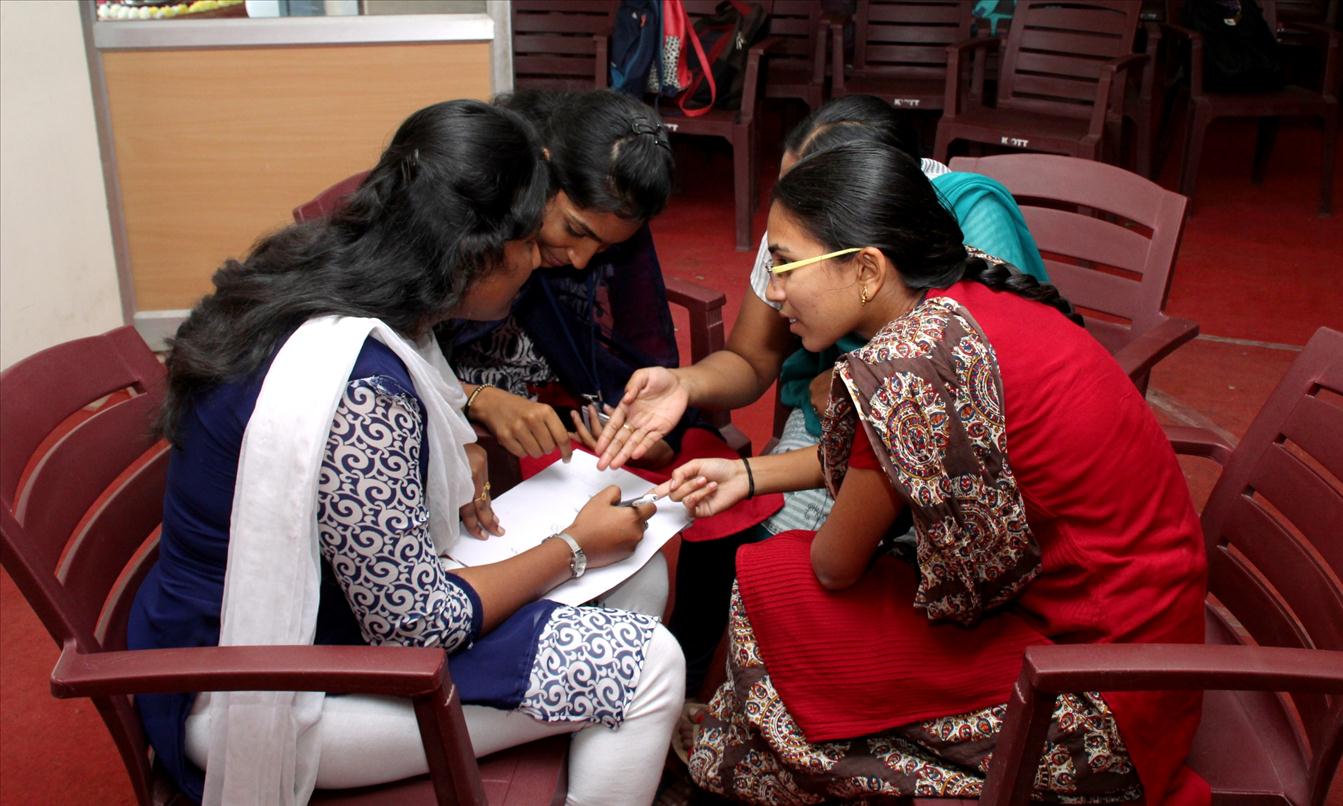
Case Discussion:
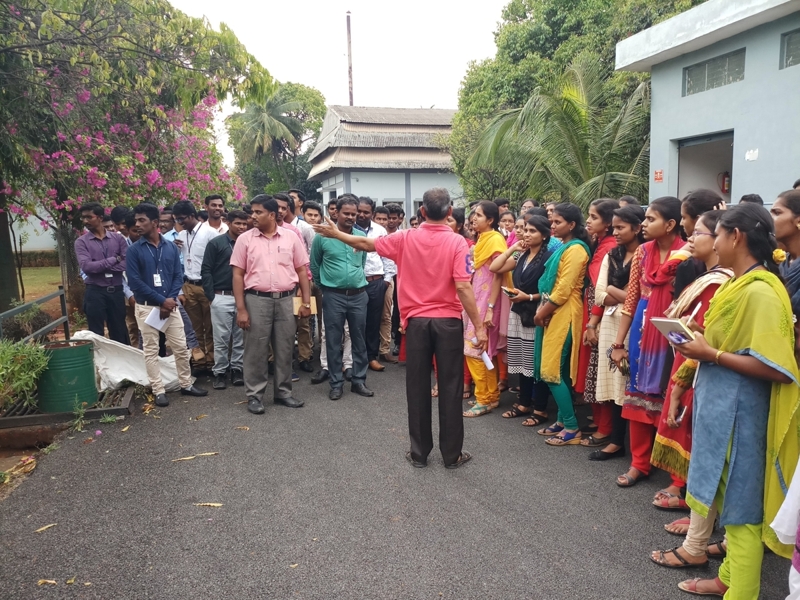
Field Exercise:
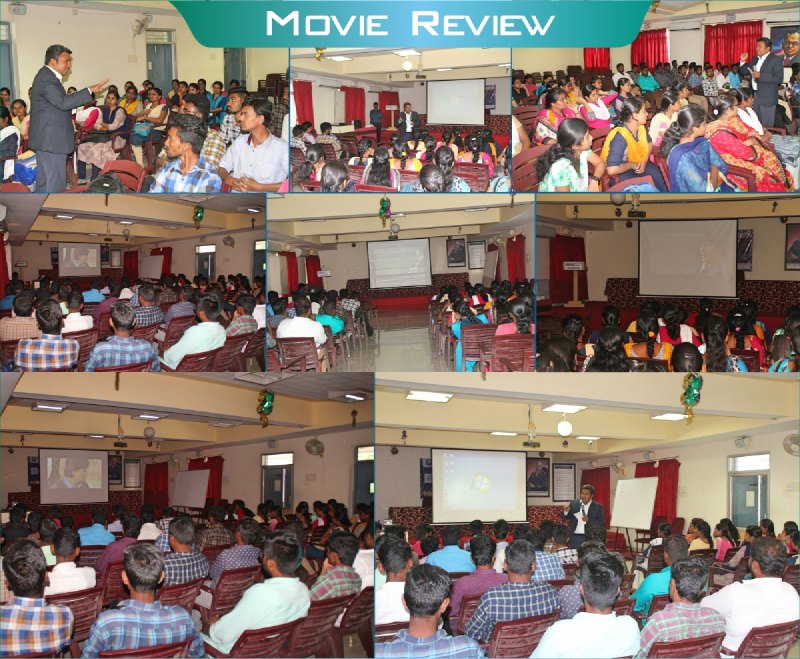
Movie Review:
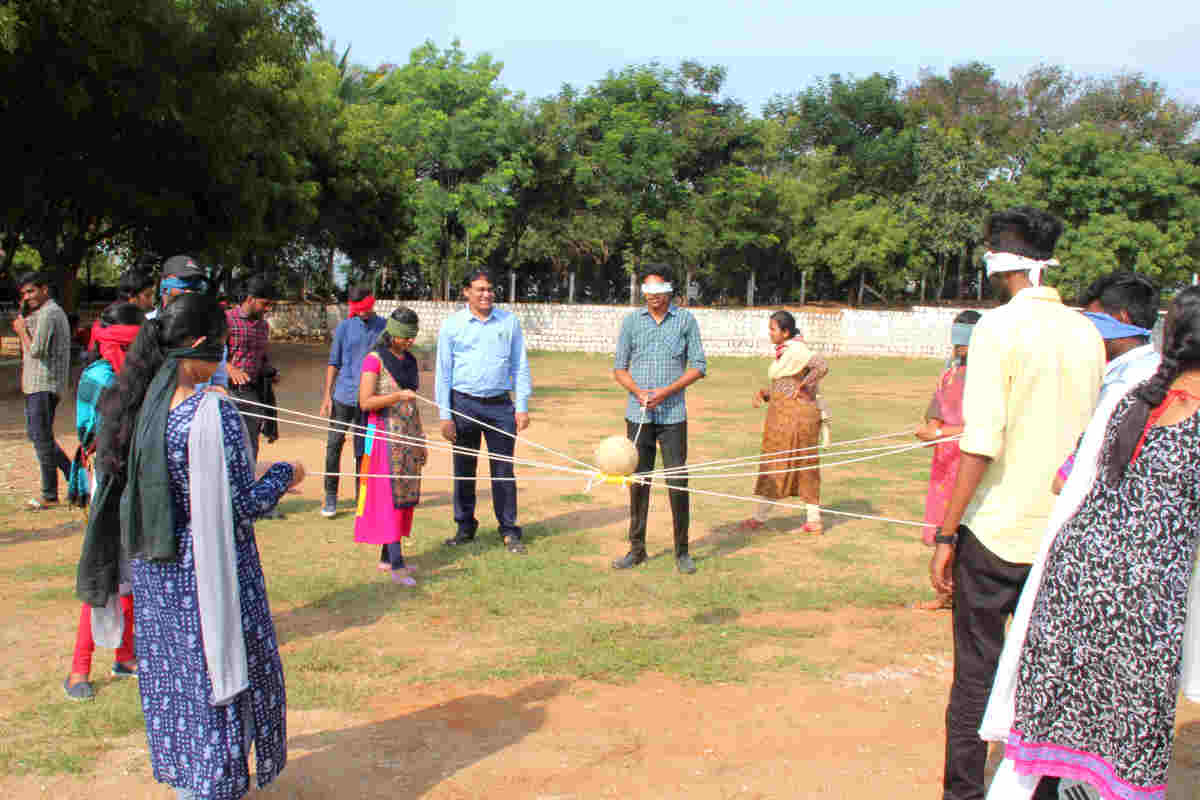
Outbound Training:
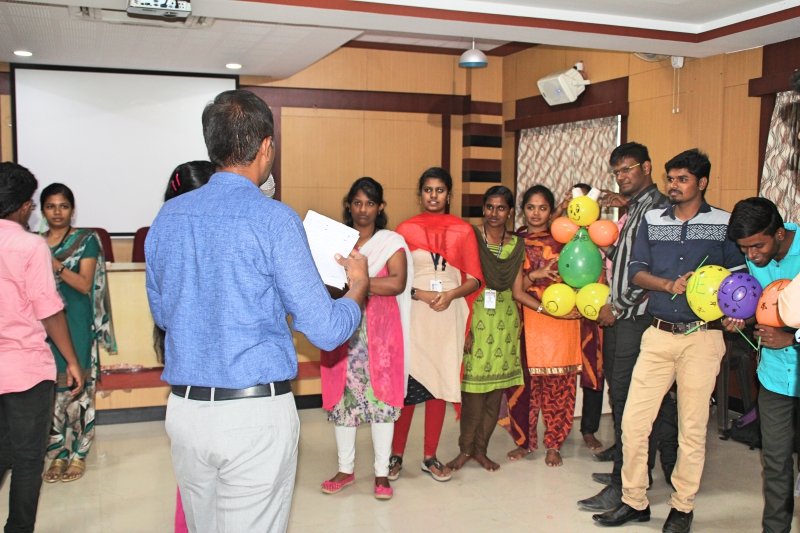
Business Simulation:
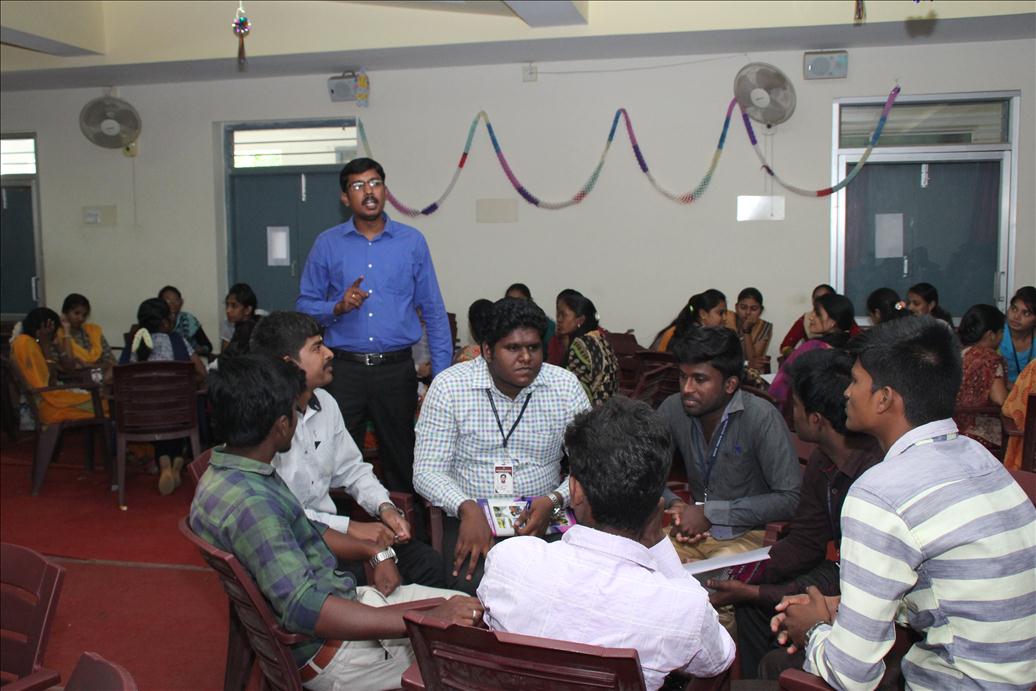
Group Discussion:
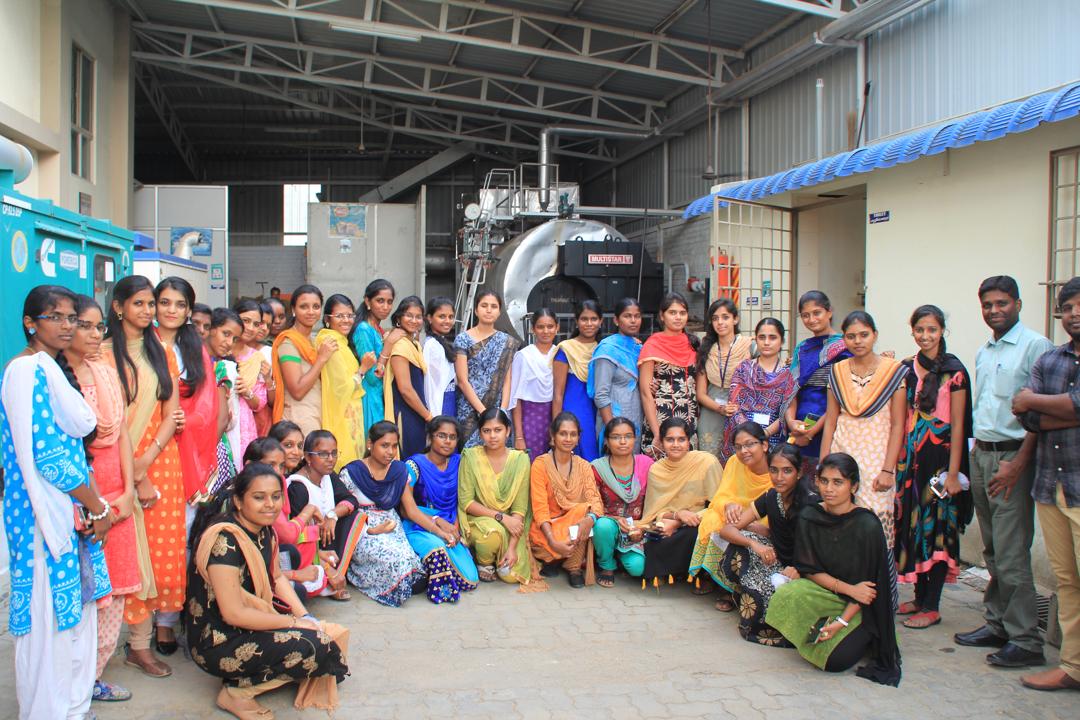
Industrial visits:
Share this Info

